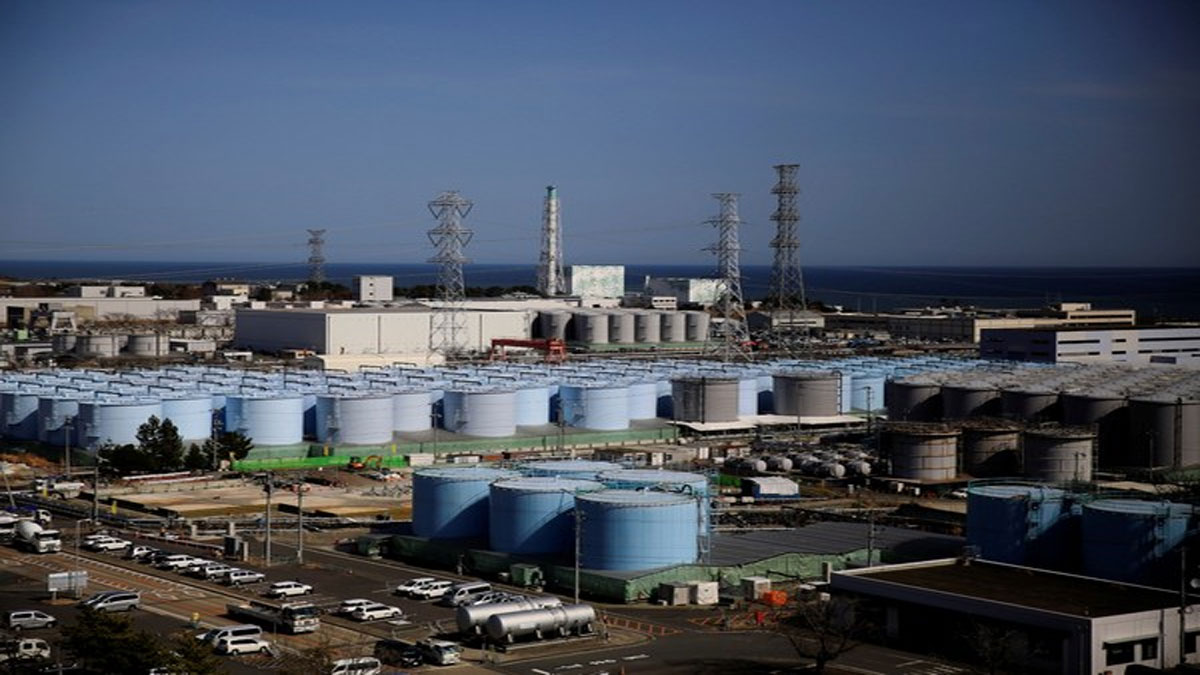Fukushima: The Fukushima Daiichi nuclear power plant, devastated by a tsunami years ago, recently commenced the release of treated radioactive water into the Pacific Ocean. This move, though backed by the Japanese government and the plant’s operators, has stirred controversy, resulting in China’s prohibition of seafood imports from Japan.
Both domestic and international reactions to the release have transformed the issue into a political and diplomatic matter.
The announcement led to swift action from Chinese customs authorities, who promptly banned all imports of “aquatic products” from Japan, including seafood. This decision was justified as a measure to safeguard China’s health and food safety from potential nuclear-contaminated water discharge.
Read more: Historic Move: BRICS Inducts 6 Powerhouse Nations In Its Biggest Expansion Yet
In response, Tokyo Electric Power Company Holdings President Tomoaki Kobayakawa expressed a commitment to compensating Japanese businesses adversely affected by the export bans.
Amidst the ongoing discourse, the Japanese government and TEPCO have maintained that the release is necessary to create space for the plant’s decommissioning while averting accidental leaks.
Assurances have been given that the treatment and dilution of the wastewater adhere to international safety standards, rendering its environmental impact minimal.
Tony Hooker, a radiation expert, emphasized the safety of the water released, confirming its compliance with World Health Organization drinking water guidelines.
Read more: Wagner Group Leader Yevgeny Prigozhin Dies In Mysterious Plane Crash; Video Surfaces
However, experts stress the importance of addressing the long-term effects of residual low-dose radioactivity in the water. The scientific community acknowledges that effective communication and education are crucial in dispelling public concerns.
In a live broadcast from the plant’s control room, TEPCO showcased the activation of seawater pumps, marking the beginning of a project expected to extend over decades. As the process commenced, IAEA Director General Rafael Mariano Grossi affirmed the agency’s presence to oversee that the discharge adheres to international safety standards.













